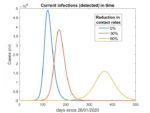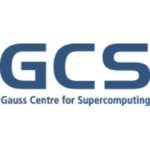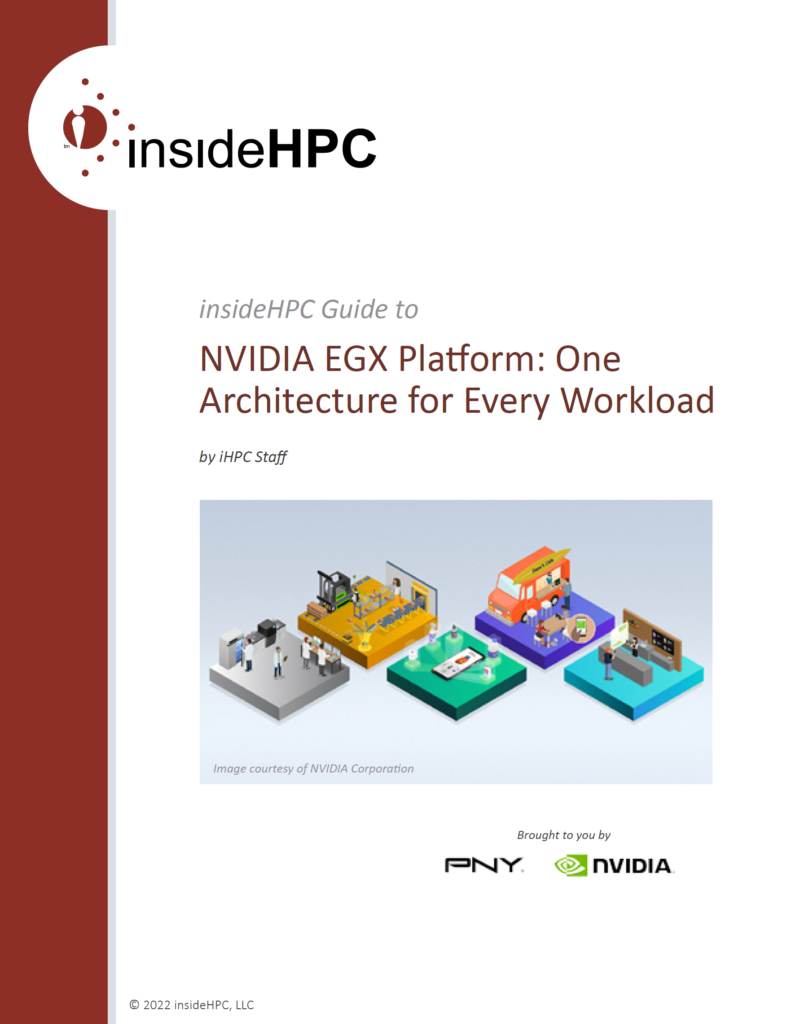Epidemiologists have turned to the power of supercomputers to model and predict how the disease spreads at local and regional levels in hopes of forecasting potential new hot spots and guiding policy makers’ decisions in containing the disease’s spread. GCS is supporting several projects focused on these goals. “”Our workflows are perfectly scalable in the sense that the number of calculations we can perform is directly proportional to the number of cores available.”
Video: Lenovo delivers HPC solutions “from Exascale to Everyscale”
Lenovo is far and away the leading computer system vendor on the latest TOP500 list, with of whopping 173 total systems. With 34.6 percent of TOP500 systems to date, Lenovo leads the list with both Rmax and Rpeak aggregate performance. “The top spot for Lenovo is their SuperMUC-NG machine at the Leibniz Supercomputing Centre, which came in at 19.5 petaflops on the Linpack benchmark.”
GCS in Germany Allocates More Than 1 Billion Core Hours to Research Projects
GCS in Germany has approved the allocation of 1.171 billion core hours of computing time to 13 outstanding national research projects. The researchers awarded computing time allocations on the German Tier 0/1 supercomputing systems Hazel Hen at HLRS, JUWELS at the Jülich Supercomputing Centre, and SuperMUC-NG at LRZ for a period of 12 months.
GCS in Germany Appoints Prof. Dr. Dieter Kranzlmüller as Chairman of the Board
Today the Gauss Centre for Supercomputing in Germany announced the appointment of Prof. Dr. Dieter Kranzlmüller as its new Chair of the Board of Directors. “As we advance towards the exascale threshold of computing and an era of unprecedented discovery and insights driven by the integration of modeling and simulation, data analytics and artificial intelligence, GCS stands ready to provide the basis and the catalyst of innovation–the hardware, software ecosystem, experience and expertise–needed to boost scientific and industrial breakthroughs.”
Video: The Quest for the Highest Performance – Supporting Science with SuperMUC-NG
Prof. Dr. Dieter Kranzlmüller from the Leibniz Supercomputing Centre (LRZ) in Germany gave this talk at the Intel User Forum. “The next generation of supercomputing has arrived at LRZ with SuperMUC-NG. Learn how LRZ scientists and researchers are using a supercomputer driven by Intel Xeon Scalable processors and optimizing the system for power and storage.”







